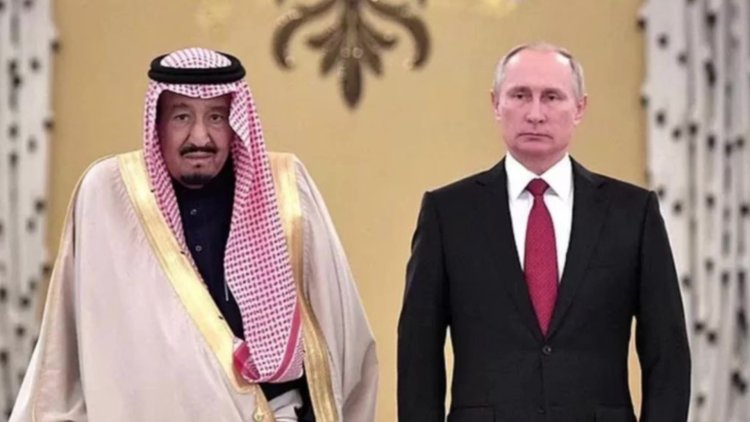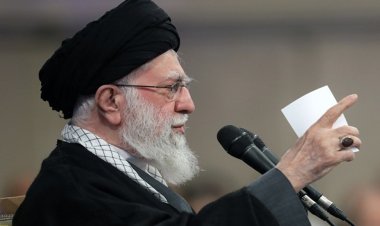The war in Ukraine and the Middle East

How can the war in Ukraine effect the political and economics realities of Iran, Saud Arabia, Israel?
The Ukrainian political expert Stanislav Zholudev will tell.
The Israeli economy has a strong capacity for the development of domestic production and resources. That is why global trends in the economic sense have almost no impact on Israel.
But Israel needs to make up its mind as a matter of principle: either they are in the global trend of condemning Russian aggression and racism as a xenophobic ideology, for which Israel is one of the targets, or they keep flirting with the Russian lobby.
Saudi Arabia has super-powerful resources. It can afford to play one side or the other, but it will try to get the best positions for itself.
It will take this position: on the one hand, it helps Ukraine with humanitarian assistance. And put pressure on the Russian Federation in connection with its outright dumping on the hydrocarbons market. On the other hand, it will continue to pursue a reasonably restrained policy with respect to the US and the European Community.
East is a delicate matter. And this will really manifest itself in the position of the Saudis.
Iran now has an opportunity to improve its position by reducing global sanctions pressure if they go along with the trend of condemning Russian aggression.
But the populist trap forces some countries, including Iran, to say some things and do completely different things.
Words in support of Russia, against global sanctions. But the deeds tell a different story.
Iran can use the window of opportunity to return as one of the players in the global hydrocarbon market at a time when sanctions pressure is reduced.
And as of today, the main challenges for the Middle East related to the war in Ukraine are the instability of the energy market, the outflow of tourists, and the disruption of food supplies.















